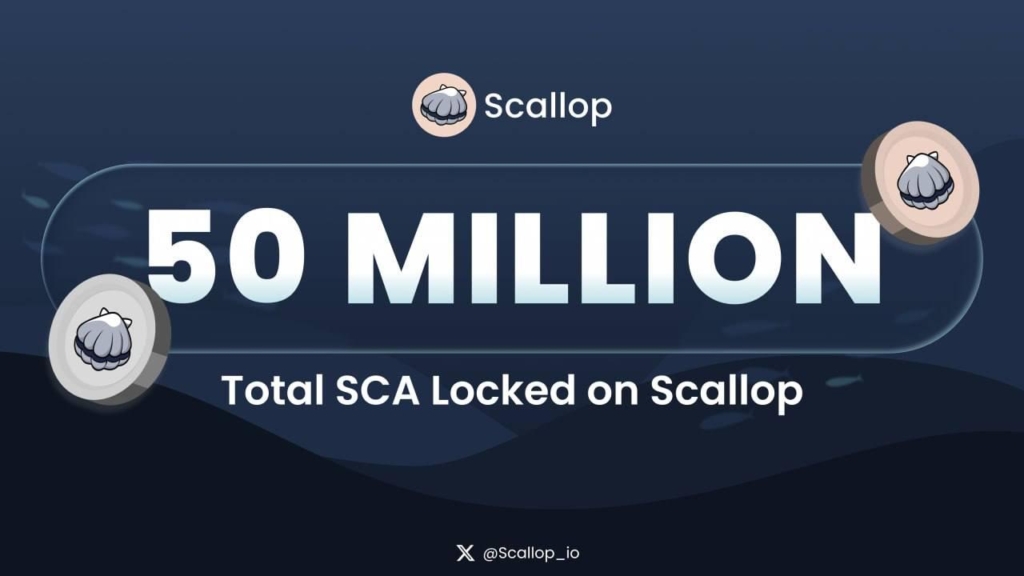Solana, a blockchain renowned for its rapid transaction processing, is currently under scrutiny because to its elevated transaction failure rates.
The network’s reliability is being called into doubt due to its high failure rate, despite its well-known reputation for speed and inexpensive costs. Jupiter, a decentralized exchange aggregator operating on the Solana blockchain, has reported a daily transaction success rate of only 35%, with over 65% of transactions being unprocessed.
On certain occasions, the failure rates have reached as high as 80%, implying that just 20% of the transactions are successfully validated. Although the transaction speeds are high, the significant failure rate raises skepticism about its promises.
This is because unsuccessful transactions are still included in performance measurements, creating a misleading perception of success. This mismatch negatively impacts customers, as they are charged fees for each transaction attempt, which diminishes the network’s cost-efficiency and user-friendliness.
The elevated rate of failure is exacerbated by the inundation of Solana with low-cost transactions initiated by bots, resulting in additional failures for regular customers.
Visa and other financial companies may reassess their use of Solana given to worries regarding its reliability and performance in comparison to conventional systems.
The Solana Foundation has just excluded more than 30 validators from their subsidy program, alleging their involvement in facilitating Miner Extractable Value (MEV) bot activities. It is imperative to resolve these difficulties in order to uphold Solana’s reputation and functionality, and to ensure trust among users and institutions.



